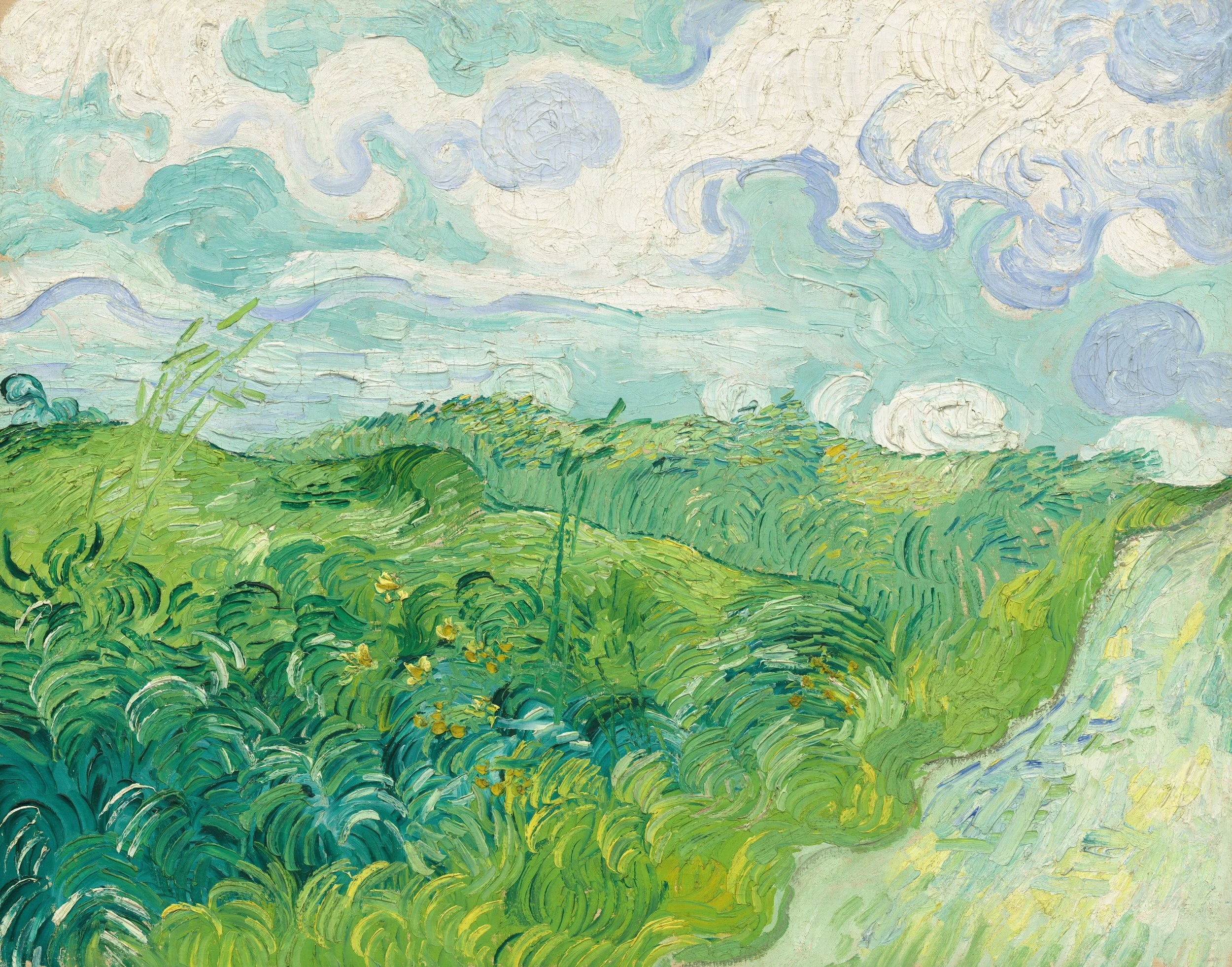
Counseling Versus Therapy: What’s the Difference?
While the terms Counseling and Therapy are often used interchangeably, they typically describe two distinct therapeutic processes. One Clinician can offer both Counseling and Therapy, and one Client can receive both Counseling and Therapy services at different times during the same course of treatment. In short Counseling is a therapeutic process meant to address problems/difficulties in the here-and-now. Counseling typically focuses on circumstantial stressors like relationships and life events, and orients clients towards practical changes and solutions. Therapy tends to focus on underlying concerns and often places focus on events and lessons from the past, as well as the interior life. The work of Therapy can be more time intensive, as it deals primarily our fundamental assumptions about ourselves and the world we live in.
Counseling
Tends to be shorter-term and focused on specific issues, challenges, or life situations.
Often emphasizes practical problem-solving, coping skills, and guidance.
Common reasons people seek counseling include relationship issues, stress management, career concerns, or adjusting to a life change.
Therapy (often called psychotherapy)
Usually involves a deeper, longer-term process.
Explores not just current struggles, but also underlying patterns, emotions, and past experiences that shape them.
Aims for lasting personal growth, healing, and changes in how people think, feel, and relate to themselves and others.
The overlap
Both provide a safe, supportive space to talk with a trained professional.
Both can help improve emotional well-being, relationships, and functioning.
The distinction often comes down to scope, depth, and focus rather than a hard dividing line.

